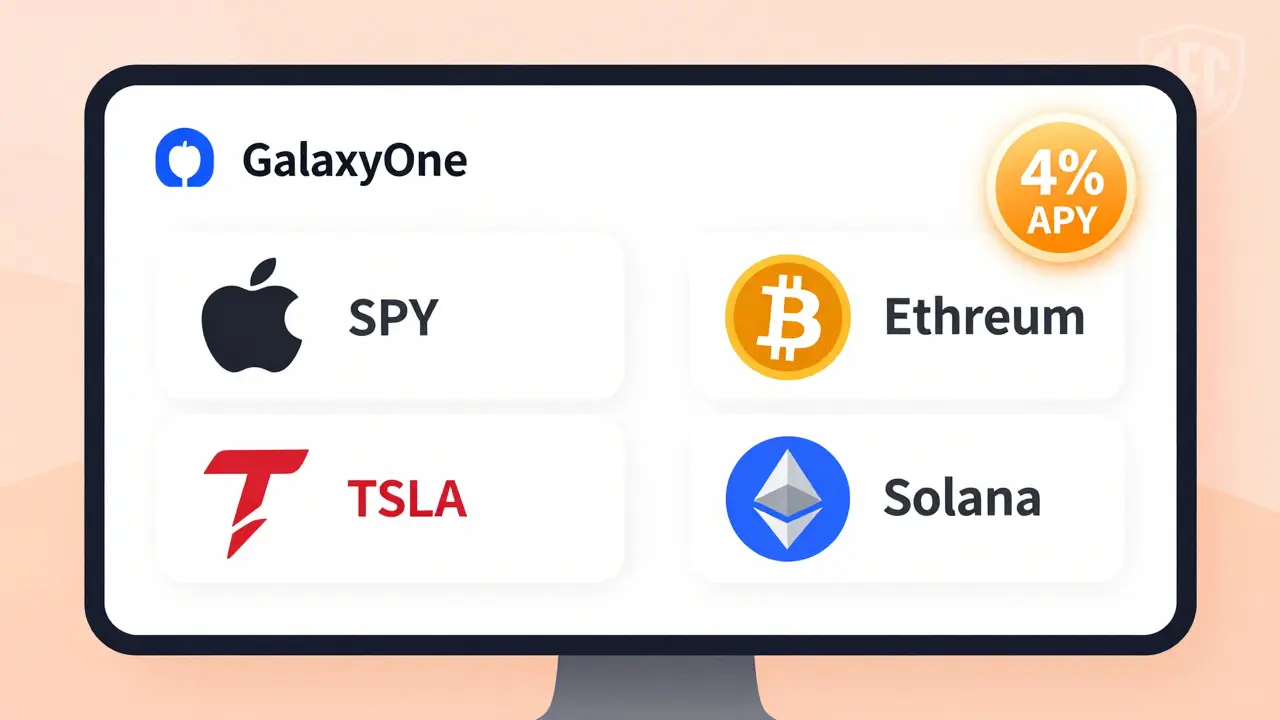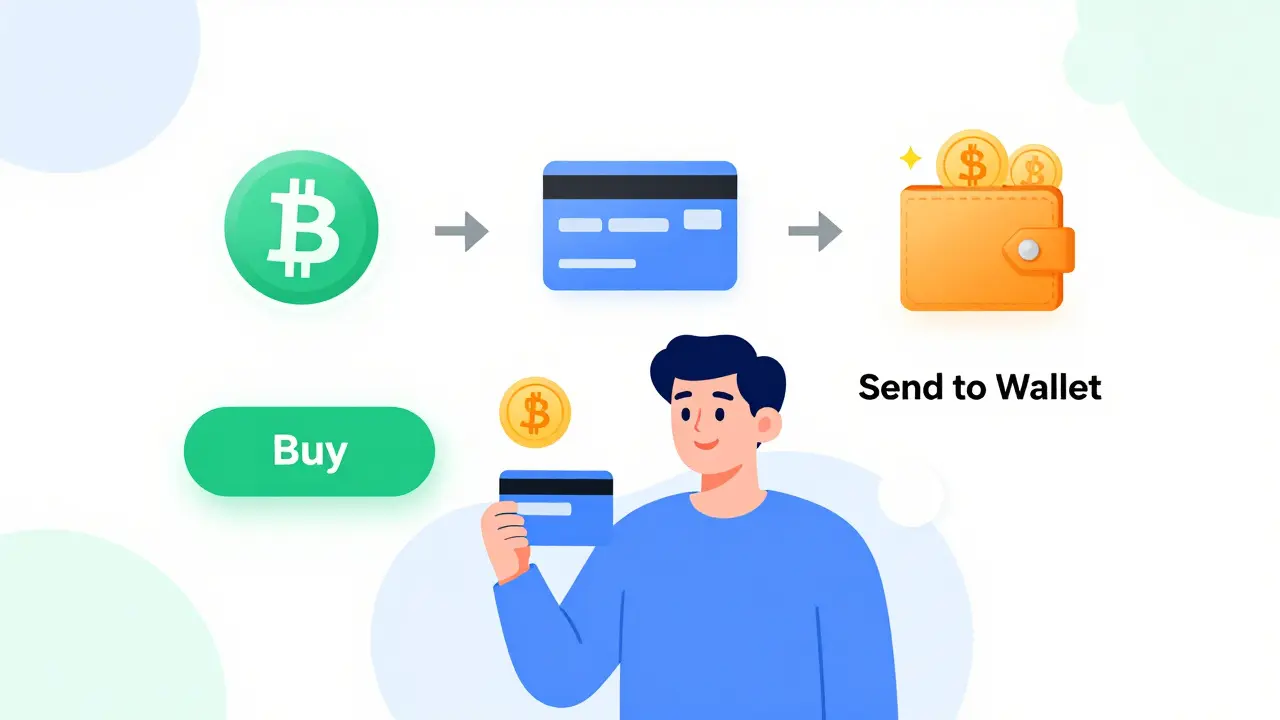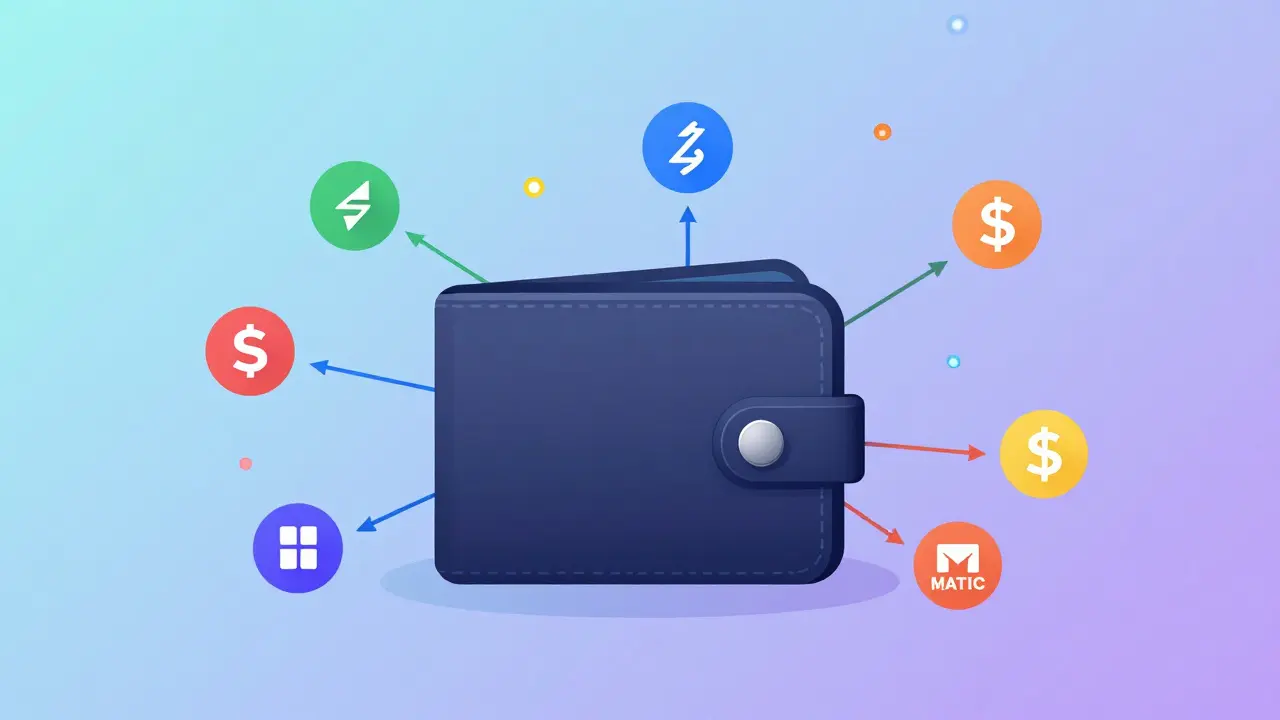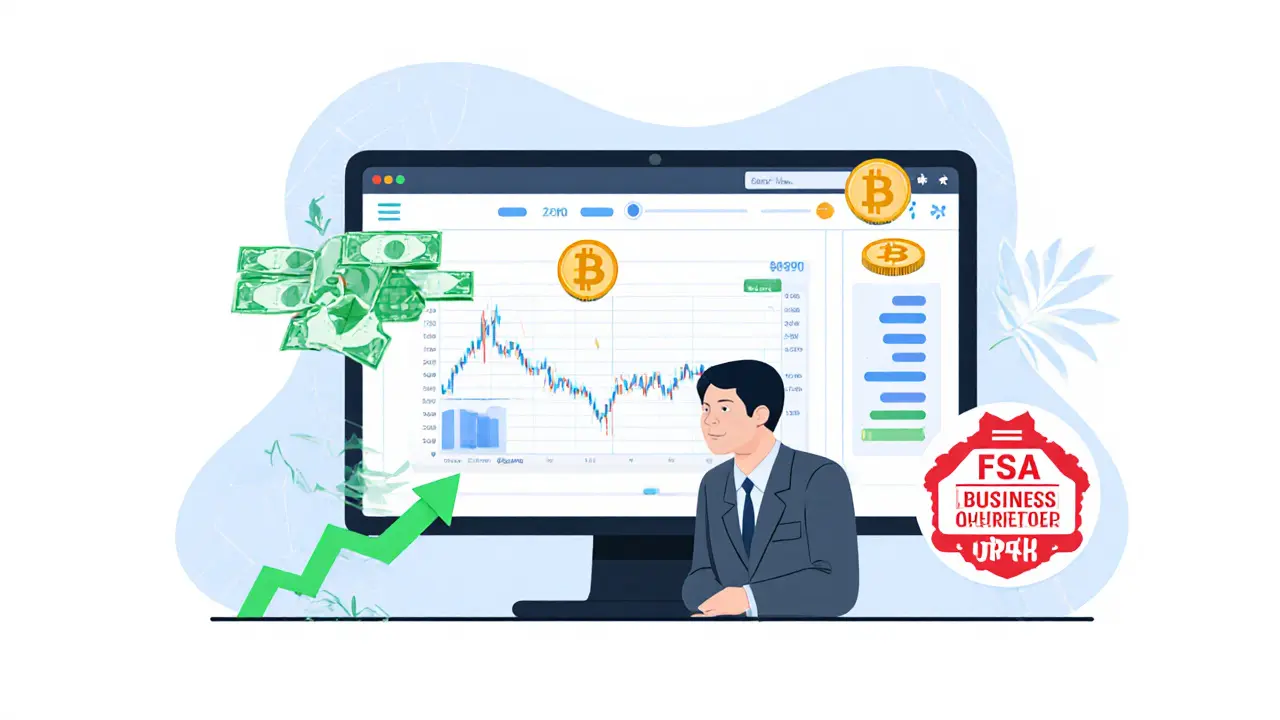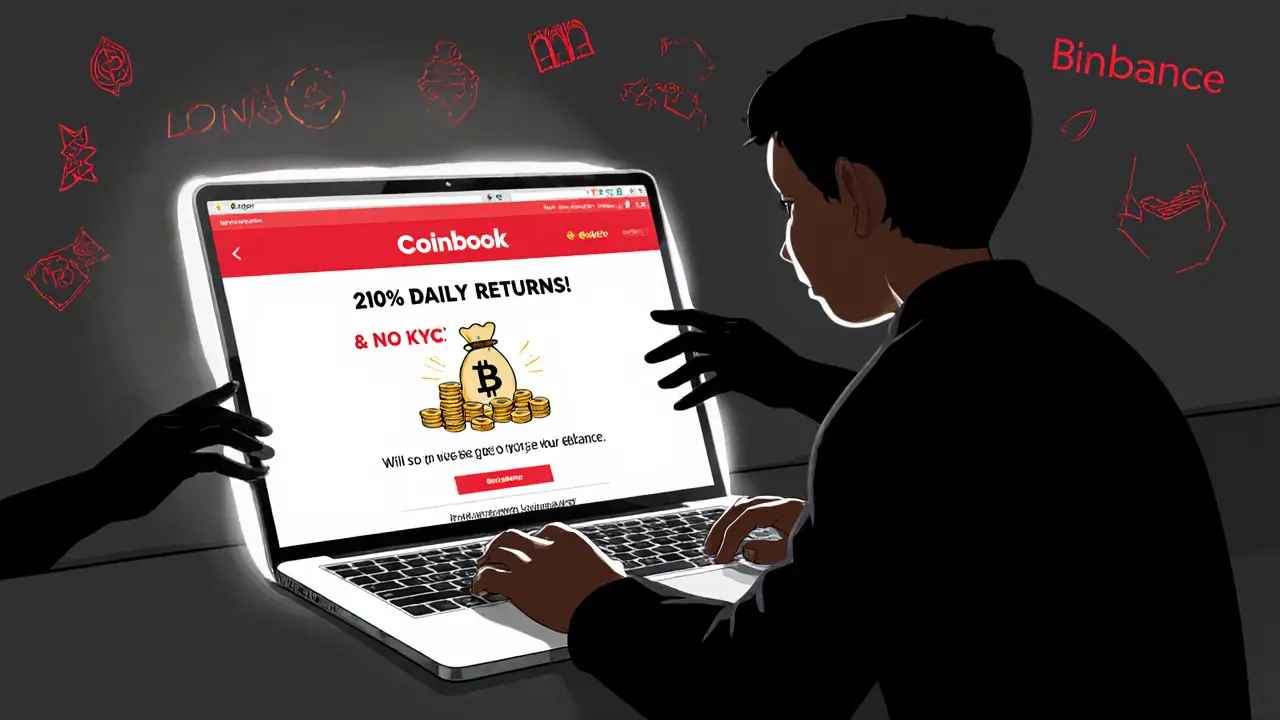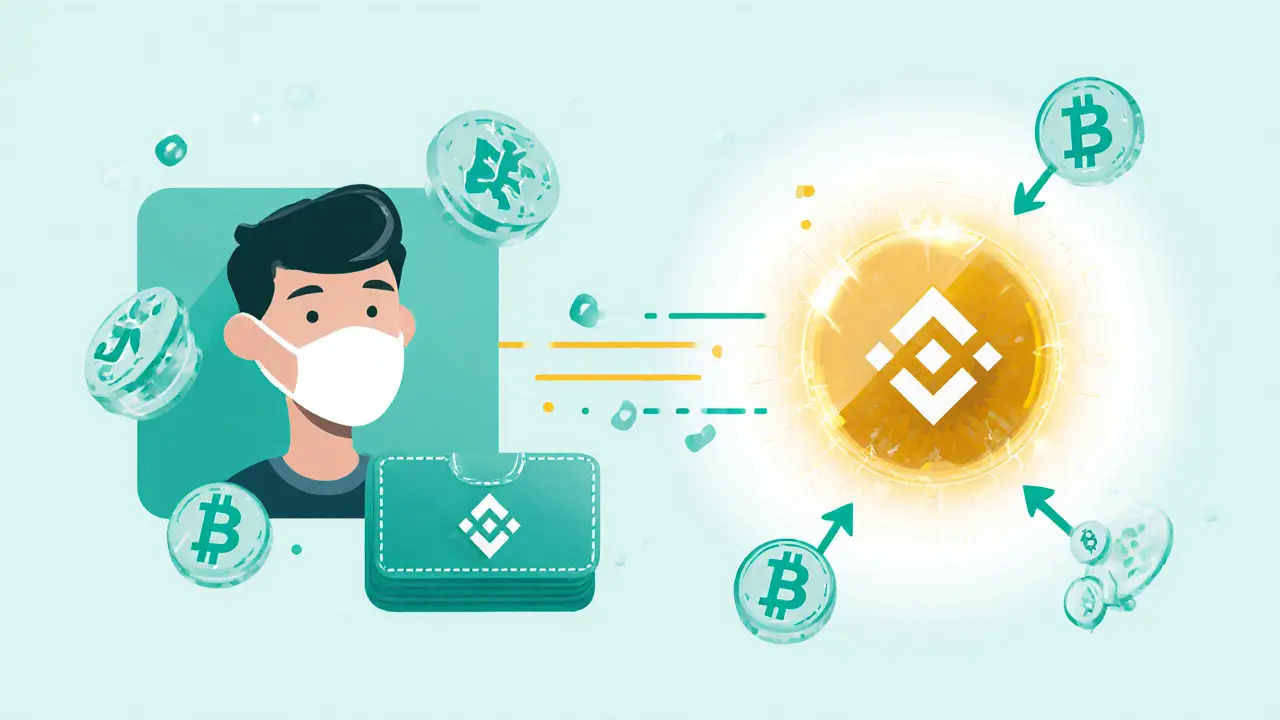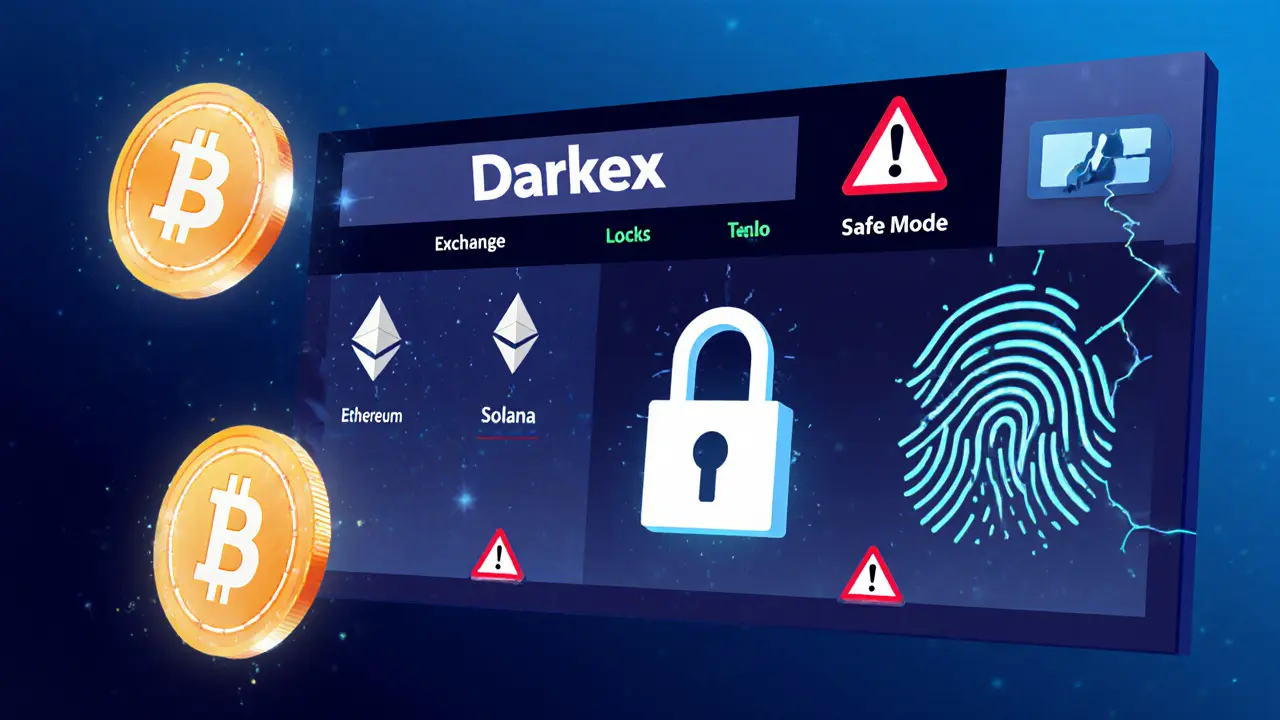Crypto Exchange: What They Are, How They Work, and Which Ones Actually Matter in 2025
When you hear crypto exchange, a platform where you buy, sell, or trade digital assets like Bitcoin, Ethereum, or niche tokens. Also known as cryptocurrency trading platform, it’s the bridge between your wallet and the market. But not every crypto exchange is built the same. Some let you trade with real money using credit cards. Others only let you swap tokens on-chain—with no customer service, no support, and sometimes no actual users.
Behind every decentralized exchange, a peer-to-peer trading system that runs on blockchain without a central company controlling it. Often called a DEX, it gives you full control but demands you know what you’re doing is a story of liquidity—or the lack of it. Take Wagmi on IOTA EVM: it’s feeless, but only has two trading pairs. Or IceCreamSwap on Blast: $0 volume, meaning no one’s actually trading there. These aren’t glitches. They’re red flags. A real crypto exchange needs people trading, not just code running in the dark. If a DEX doesn’t show up on CoinMarketCap or has less than $100 in daily volume, it’s not a tool—it’s a graveyard.
Then there’s the other side: exchanges like Uniswap v3 on Celo, built for emerging markets where mobile access matters more than flashy features. Or wrapped asset custody systems like WBTC, which let Bitcoin work inside Ethereum DeFi—but only because a trusted third party holds the real coins. These aren’t just platforms. They’re systems of trust, risk, and utility. A crypto exchange isn’t just about fees or UI. It’s about whether you can get in, get out, and actually trade something real when you need to.
You’ll find posts here that cut through the noise. We don’t review every new DEX that pops up on Twitter. We only cover ones with real data, real users, or real scams. You’ll learn why Coinbit collapsed, why SharkSwap is invisible, and why HaloDeX doesn’t even list its team. We show you what happens when a crypto exchange loses liquidity, when it’s unregulated, or when it’s just a fake website pretending to be a DEX. This isn’t theory. It’s what people are actually using—or avoiding—in 2025.
GalaxyOne Crypto Exchange Review: The Real Platform Behind the 'Coin Galaxy' Misconception
GalaxyOne is the real platform behind the myth of 'Coin Galaxy' - a regulated U.S. investment app that lets you trade stocks and crypto together. Learn how it works, who it’s for, and why the 8% APY could vanish.
Details +Koinal.io Crypto Exchange Review: Simple Buy, No Trading, Just Crypto
Koinal.io lets you buy 11 major cryptocurrencies instantly with a credit card. No trading, no complex accounts - just fast, simple purchases. Perfect for beginners who want to skip the noise and get crypto fast.
Details +OpenOcean Crypto Exchange Review: Cross-Chain Swaps, Fees, and Real Performance in 2026
OpenOcean is a non-custodial DEX aggregator that finds the best cross-chain crypto swaps across 19+ blockchains. With 0.1% fees and gas refunds for OOE stakers, it’s ideal for retail traders who swap tokens like ETH, SOL, and BNB without leaving their wallet.
Details +GMO Coin Crypto Exchange Review: Is It Right for You in 2025?
GMO Coin is a Japan-only crypto exchange with low fees and strong backing but limited altcoins, no card deposits, and poor international support. Ideal for Japanese residents, not for global traders.
Details +Coinbook Crypto Exchange Review: What You Need to Know Before Trading
Coinbook is not a real crypto exchange - it's a scam. Learn the red flags, what happens when you deposit, and how to avoid fake platforms. Stick to trusted exchanges like Coinbase and Kraken instead.
Details +Nomiswap Crypto Exchange Review: 0% Fees, Referral Rewards, and What You Need to Know in 2025
Nomiswap is a decentralized exchange offering 0% trading fees through its NMX token cashback system. With a unique binary referral program and high APY farming, it's ideal for users seeking passive income on BSC - but limited token options and slippage risks require caution.
Details +Darkex Exchange Crypto Exchange Review: Features, Risks, and Real User Experience
Darkex Exchange is a new crypto platform with bold claims but no verified reviews, regulatory issues in Turkey, and no public trading data. Here's what you need to know before using it.
Details +